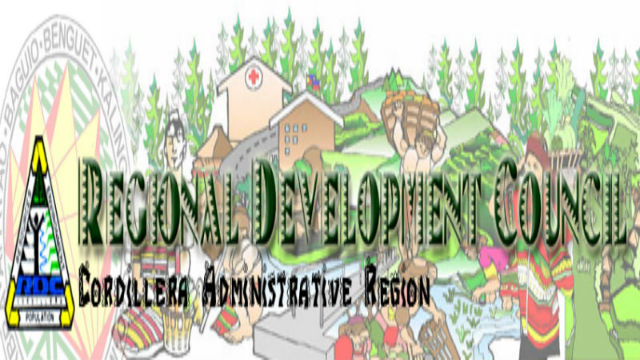The Cordillera Regional Development Council (RDC-CAR) endorsed the inclusion of four projects in Malibcong, Abra and eight projects in Pasil, Kalinga in the priorities of relevant appropriate agencies under the Convergence Program for the Six Poorest Municipalities in CAR in its 4th quarter regular meeting held at the City of Baguio on December 9, 2021.
The Cordillera Regional Social Development Committee (RSDC), in partnership with the 4Ps Regional Advisory Committee (RAC), conducted field visits in Malibcong, Abra and Pasil, Kalinga to extend their services to the municipalities under the Convergence Program. These fifth-class municipalities are among the poorest municipalities in the Cordillera region with a recorded poverty incidence rates of 18.4 percent for Malibcong and 18.2 percent for Pasil per the 2018 small area poverty estimates. Both municipalities are considered geographically isolated and disadvantaged area (GIDA), and Malibcong is a National Task Force to End Local Communist Armed Conflict (NTF-ELCAC) priority area.
The proposed project from Malibcong include the construction of additional classrooms for identified schools and the resolution of border conflicts with its adjacent municipalities. For Pasil, projects include the construction of access roads, a bridge, a multi-purpose livelihood center, flood control infrastructure, as well as the restoration of damaged rice terraces and improvement of 14 existing communal irrigation systems.
RSDC-CAR Chair and DSWD-CAR Regional Director Arnel Garcia said that the implementation of these projects will help improve services and facilities, increase livelihood opportunities, help address the insurgency problem, protect the environment, and uplift the living conditions of families and individuals in Malibcong, Abra and Pasil, Kalinga.
The RSDC-CAR adopted the convergence program for the six poorest municipalities in CAR as its banner program since 2014. This is anchored on the 2017-2022 Regional Development Plan’s (RDP) overall strategy of inclusive growth and the goal of reducing inequality by providing the necessary interventions for improving the conditions of the most vulnerable in society. By Bob Lyndon B. Daroya













